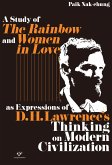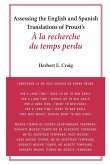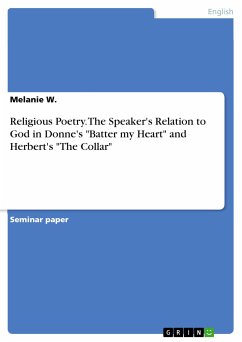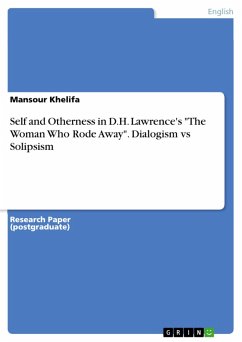Women in Love - David Herbert Lawrence - "Women in Love" is a novel by British author D. H. Lawrence published in 1920. It follows the loves and lives of the Brangwen sisters, Gudrun and Ursula. Gudrun Brangwen, an artist, pursues a destructive relationship with Gerald Crich, an industrialist. Lawrence contrasts this pair with the love that develops between Ursula and Rupert Birkin, an alienated intellectual who articulates many opinions associated with the author. The emotional relationships thus established are given further depth and tension by an intense psychological and physical attraction between Gerald and Rupert. The novel ranges over the whole of British society before the time of the First World War. Ursula's character draws on Lawrence's wife Frieda, and Gudrun on Katherine Mansfield, while Rupert Birkin has elements of Lawrence himself, and Gerald Crich of Mansfield's husband, John Middleton Murry.
Dieser Download kann aus rechtlichen Gründen nur mit Rechnungsadresse in A, B, BG, CY, CZ, D, DK, EW, E, FIN, F, GR, H, IRL, I, LT, L, LR, M, NL, PL, P, R, S, SLO, SK ausgeliefert werden.









